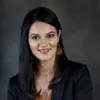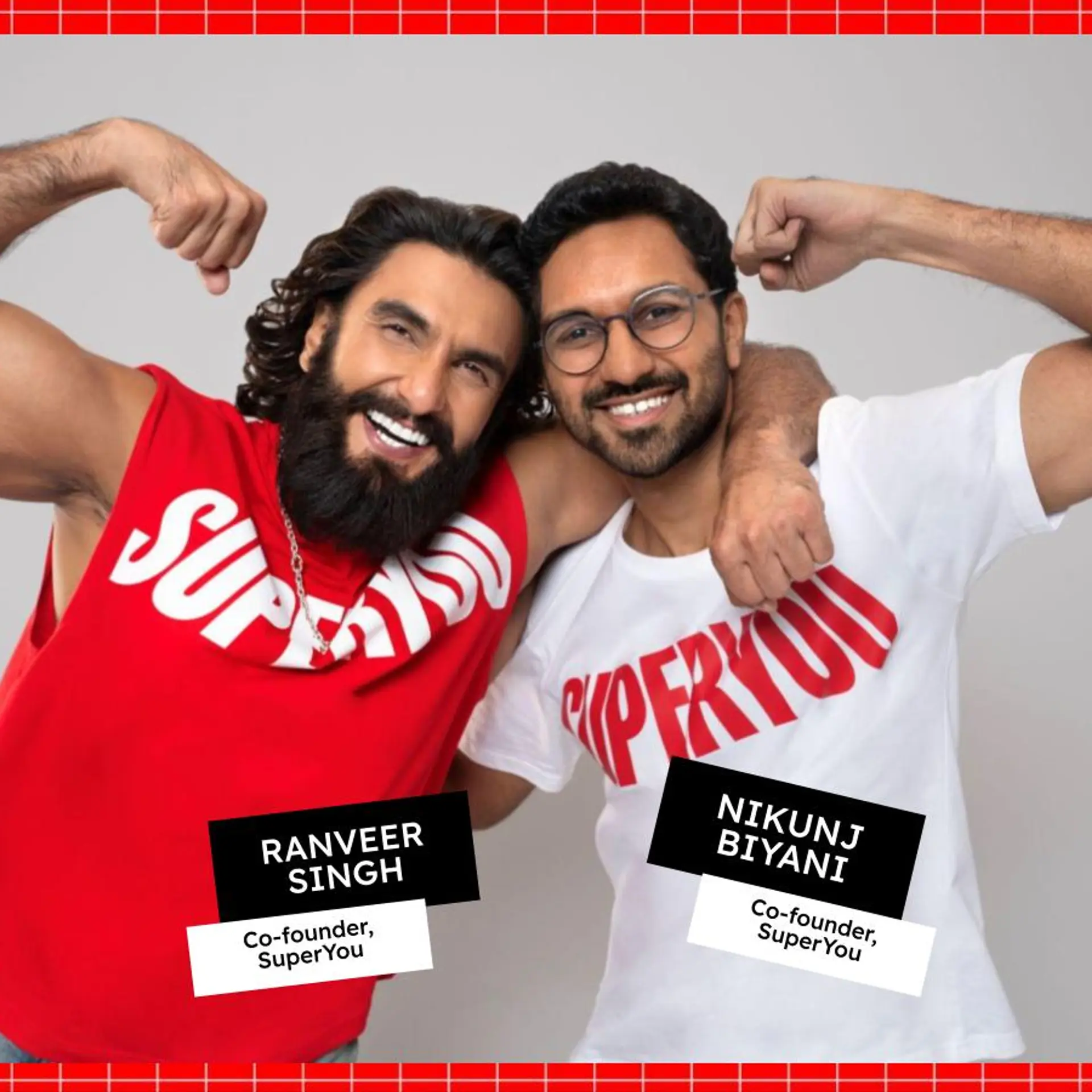This husband-wife duo is leveraging social media to discuss PCOD and women’s health
Hyderabad-based Fitb.ee aims to address common health conditions in women like hypo/hyperthyroidism and PCOD caused by hormonal imbalance.
At the age of 16, fitness became a sudden priority for Prathima Koppolu when she was diagnosed with rheumatoid arthritis. Her doctor’s only advice was to be cognisant of her lifestyle and leave no pressure on the joints.
She recalls fitness being generally understood as walking and running to lose weight back in 2001. More concerning was the fact that even in 2015, Prathima felt this association of fitness with weight loss persisted, despite the rise in fitness centres.
“Walking and just cutting down on your nutrients is not just the way forward. We overfeed our children and suddenly tell them to stop eating because they are putting on weight. When I was pregnant, I thought at least my child has to start early,” she tells HerStory.
Taking this as an experiment became the foundation of Hyderabad-based , co-founded with her husband Avinash Rajapet.
In 2017, the couple kickstarted with a 2,000 sq ft fitness studio offering programmes for children and teenagers, among others. In addition to its B2C operations, it also conducted fitness programmes and workshops for workplaces and schools as well.
As soon as it launched digital operations with a website and a mobile application in January 2020, Fitb.ee closed its fitness studio just months before the COVID-19 outbreak in India.
“Many people who attended our workshops liked our programme and wanted us to take classes in their neighbourhoods, which was not feasible for us. That is why we decided to migrate online to ensure more people benefit from the programme,” she says.
The startup is part of the third batch of Lightspeed Venture’s Extreme Entrepreneurs programme.
Spotlight on women’s health
As online interactions increased during the pandemic, the startup saw most young women aged between 16 and 25 coming forward with their problems related to Polycystic Ovarian Disease (PCOD) and Hypothyroidism and Hyperthyroidism.
“Out of 100 chats in a day, at least 50 percent were facing some kind of hormonal imbalance. We reached out to a gynaecologist and learnt that 20 percent of the women in India in that age bracket have some form of hormonal imbalance conditions,” Prathima says, adding that increased consumption of easily available sodas and fast foods have made these diseases more common than ever before.
The startup’s website features various paid programmes to address these issues and is all set to launch a revamped version of the app soon. Compatible on Android, it also includes free video-driven content for those under 18.
While weight loss remains a key way to keep your hormonal balance in check, this platform claims to help by allowing people to understand their bodies early in life.
With over 60,000 downloads within the first four months of the lockdown, it has over 5,000 active users. More than 1,500 paid users are registered for the goal-oriented paid programmes on its website that caters to those with conditions of hypo/hyperthyroidism and PCOD.

Leveraging social media
While the entrepreneur says it is too early to comment on revenue and other financials as a bootstrapped venture, its business mainly thrived on social media connections and interactions during the pandemic.
Apart from a nutritionist, Prathima also works with fitness influencers from the UK and the US to provide flexible diet plans.
“They create videos and we adapt them to Indian diets so that women can understand and eat what they like to eat instead of food they are not used to. We show the sample meal and information on portions and they can prepare it in their own way. The idea is to make a sustainable plan so that they do not lose interest in the long run.”
The startup is keen on building a B2C venture off its community of over 24,000 followers on Instagram through robust content generation. However, the major challenge is that many people tend to make payments but do not keep up with their wish to pursue a healthier lifestyle. It hopes to tackle this through open communication and motivation talks on social media platforms.
Besides this, the couple is confident of market opportunities and believes that despite peers like Healthify and in the space, it has carved a niche by catering to specific diseases.
“In India, there are 7.5 million women dealing with PCOD alone. We are making sure of having at least 25 percent of that number benefit from our platform,” Prathima concludes.
Edited by Rekha Balakrishnan









![[100 Emerging Women Leaders] How Gayatri Agrawal is inspiring women to embrace tech](https://images.yourstory.com/cs/2/f9bdfa20c75811ed9569e5d19beae38b/100EWLGayatri-AgrawalFeatureImage-1732290015187.jpg?mode=crop&crop=faces&ar=1%3A1&format=auto&w=1920&q=75)